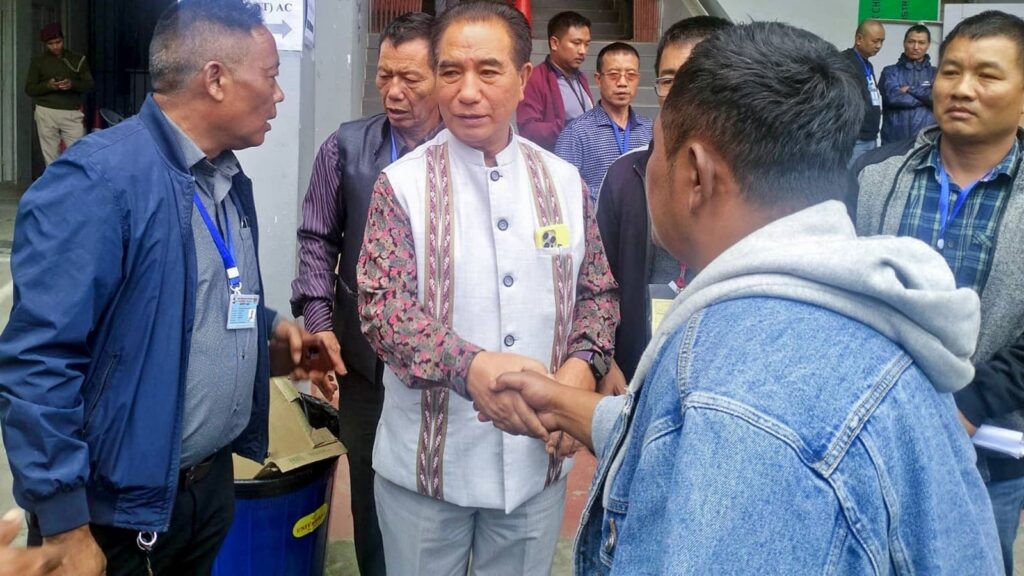The Mizoram assembly poll results are significant for at least three reasons. One, Aizawl will break with its tradition of having a government led either by the Mizo National Front (MNF) or the Congress for the first time since the state was formed in 1987. The Zoram People’s Movement (ZPM), a conglomeration of numerous groups, is a young player in politics — it came into being only in 2017. Two, contrary to the national trend that favoured national parties, a regional outfit that emphasised its regional credentials and focussed on local issues has won. The CM face of ZPM, Lalduhoma, has announced that the outfit will not align with any national player: The MNF was a part of the Northeast Democratic Alliance (NEDA), an ancillary of the BJP-led National Democratic Alliance (NDA). Three, the two national parties are down to three seats in the 40-member legislative assembly. The BJP’s vote share has fallen though it doubled its seat tally to two while the Congress, which last held office in 2018, has been reduced to just one MLA. The Congress’s performance is of a piece with the party’s general decline across the Northeast, once considered its stronghold. And the MNF, the political legatee of the Mizo underground that lasted till 1986, faces a crisis now with even its three-time CM, Zoramthanga, losing his seat.
The rise of ZPM to office marks a rupture in Mizo politics. The regionalism espoused by the MNF was defined by an old paradigm that reflected the federal tensions of the Nehru-Indira years. The ZPM, with its coalition character and relatively younger legislators, is espousing governance-centric politics. In an interview with this newspaper, Lalduhoma listed state intervention in the procurement and pricing of agricultural commodities and zero tolerance for corruption among the priorities of his government. Lalduhoma, a police officer who started his political career in the Congress in 1983, has the political and administrative experience to steer this new group, which seeks to break with the legacy-centric and top-driven patronage politics. Its outcome will be keenly watched, beyond Mizoram.
The disenchantment with traditional parties is visible across the region. However, few actors, influential in the civil society discourse, have succeeded in breaking the mould, as electoral politics is a complex web with money, kinship, political legacy, and even militancy influencing choices. The ZPM has a tough job to do with the state finances in doldrums and a refugee crisis, caused by the Chin people escaping Myanmar’s civil war, threatening to turn worse.
Continue reading with HT Premium Subscription
Daily E Paper I Premium Articles I Brunch E Magazine I Daily Infographics


